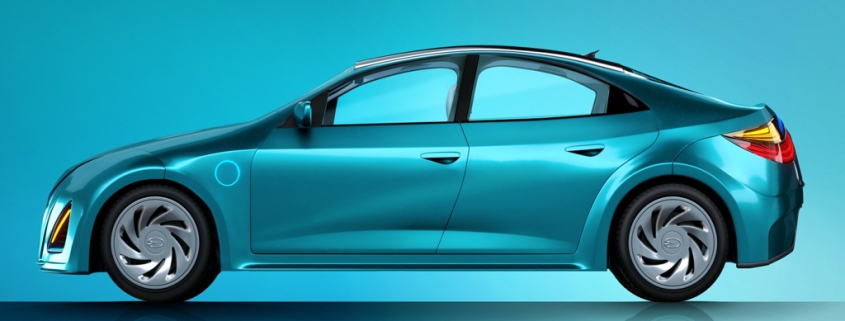The Brazilian Elon Musk launches the Lecar.
Brazilian entrepreneur Flavio Figueiredo Assis wants to make a mark in the history of his country by becoming the first local manufacturer of electric vehicles. That’s why this businessman, who openly compares himself to Elon Musk, founded the company Lecar Brasil.
Flavio Assis, who holds degrees in law and accounting, previously created Lecard. With this meal card management tool, he achieved an annual turnover of one billion US dollars, supplying public organizations and private companies. In 2022, he sold his stake in this company to venture into EV manufacturing.
Lecar currently brings together around thirty engineers, many of whom have gained experience at major manufacturers present in Brazil, such as Ford, Toyota, and Nissan, as well as smaller local manufacturers like Gurgel, Troller, and JPX.
Additionally, an assembly plant is currently under construction in Caxias do Sul, in the south of the country. This is where the Lecar 459, the brand’s first model, is expected to be produced. The name is inspired by the founder’s fascination with inventor Nikola Tesla, who had an obsession with the number 9. Unable to use this number alone to designate his sedan, Flavio Assis came up with a clever twist – adding 4 and 5 together equals 9. It’s as simple as that.
More seriously, the 459 model will be available starting at 279,459 Brazilian reals (equivalent to $75,000 at the time of writing). According to the manufacturer, it will be capable of reaching a top speed of 250 km/h and will have a range of 400 km. Lecar is targeting the BYD Seal, a highly regarded Chinese model launched in Brazil last September.
The body of this car will be made of sheet molding compound (SMC), a flexible, sturdy, lightweight, easy-to-repair, and pre-colored material. In fact, only two colors will be available for this model: white or black.
When the prototype of the Lecar 459 was unveiled to the Brazilian press last December, the manufacturer revealed that 65% of its components would be locally sourced, while the rest would come from China, including the motors and lithium iron phosphate (LiFePO4) batteries, supplied by Thunder Sky Winston Battery.
Furthermore, a popular five-seater model called Lecar Pop is set to be launched in the future, with a range of 250 km and a starting price of approximately $27,000.
But before that, in February, the designers of the 459 model will have to subject it to a series of aerodynamic and crash resistance tests in London laboratories in order to obtain the necessary certifications.
Optimistic as ever, the CEO of Lecar nevertheless states that he will deliver his first production models in December next year. The company aims to produce 300 vehicles per month by 2025, and within five years, produce 50,000 vehicles per year, which would generate a revenue of $15 billion.
Additionally, Lecar also plans to build its own battery cell production plant in Brazil, aiming to become self-sufficient and facilitate its vehicle production. “We possess 97% of the minerals that make up battery cells in our country. In addition to being self-sufficient, we can also become protagonists and a leading reference in the global electric vehicle market, supplying cars to other countries,” proudly states Flavio Assis. “We are committed to making all of this a reality.”
Photos: Lecar



